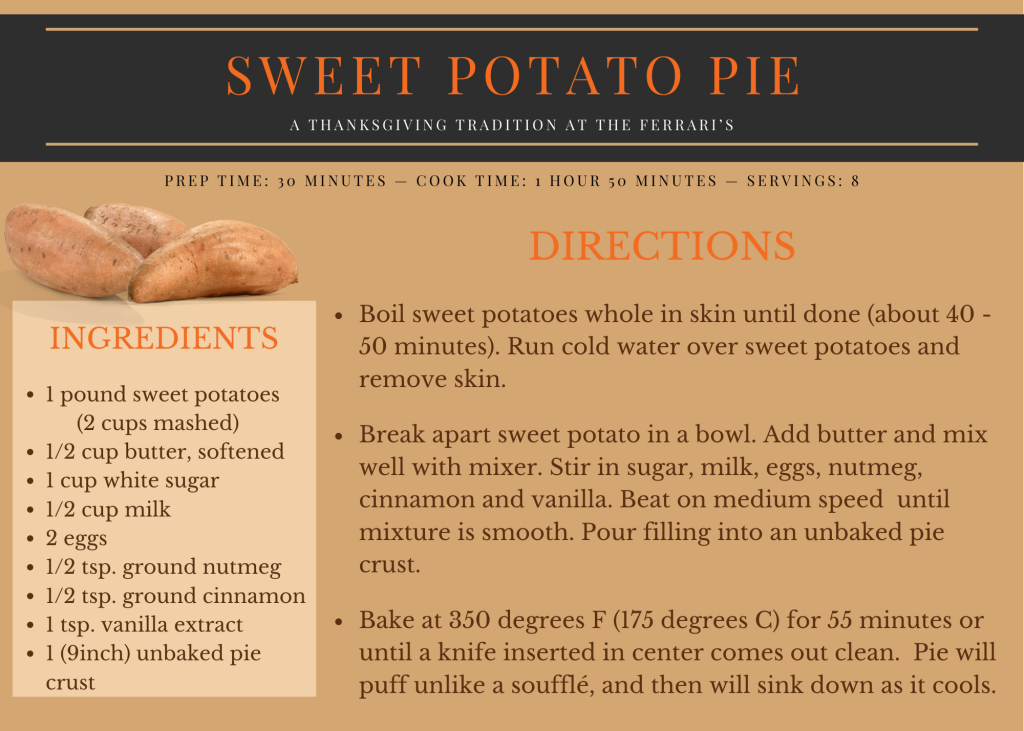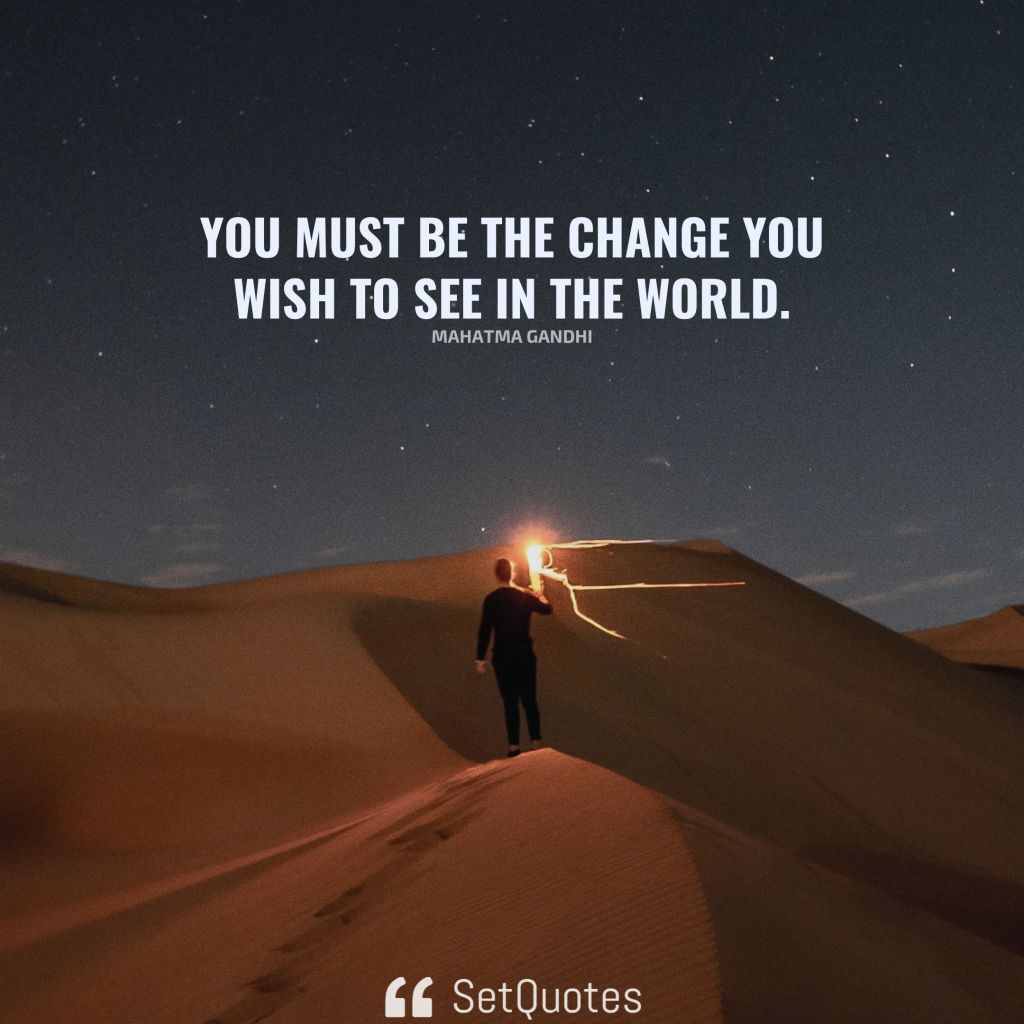
Another one of the things that my mentor, Kelly, whom I wrote about two weeks ago in a blog post, taught me is that tragedy transforms people into one of two personality types:
1.) Bitter and resentful. These are the people who have a need to be right and view the world as a place of injustice, where they are unfairly treated.
OR,
2.) Faithful and grateful. These folks need to feel connected to something bigger than themselves, whether it be God or nature.
Few people, if any, who survive tragedies, Kelly emphasized, end up with a lukewarm or neutral attitude towards life.
I agree that tragedy typically shakes you up in one direction — or another. Bernice is a woman who is a example of this belief. In fact, she exhibits the polar opposite traits of Kelly’s.
Bernice’s then 21-year-old daughter was diagnosed with a brain tumor in the 1980s. Eleven months after her diagnosis she died, leaving Bernice and her husband to grieve for their only child.
The loss of a child is one of the most heart-wrenching tragedies that can occur in a person’s life. Whereas few, if any, parents can “move on” from this type of grief they can “move with it” and, typically, learn to find a place for it inside themselves, as if it is a massive piece of permanent furniture. In the process, they can fall into one of the two aforementioned categories.
In Bernice’s case, while grieving her daughter, she ended up fitting category #1. Not to minimize her horrible set of circumstances, but, to this day, it’s easy to spot Bernice anywhere she goes; she’s the one with the sour, lemon-face expression. She’s also quick to lash out and blame others when something, anything, goes askew.
Actually, after her daughter died, she blamed the doctors and medical staff as well as her then husband. Needless to say, her marriage dissolved and she and her husband divorced within a year’s time. Luckily for her, the divorcee met another divorcee, Ernie, a few years later. He was calm, patient and understanding of Bernice’s struggles. Bernice felt he understood her better than anyone else, and she felt calmer around him.
The problem, though, stemmed from her being a bossy, nasty stepmother to his three daughters, who were adolescents at the time. Opposite of their own birth mother, who was understanding and balanced in her parental approach, Bernice was strict and demanded perfection. She forbid them from dating boys or going out with friends, because she felt the only way they would succeed in life was to be focused on school. Ernie did not interfere with his second wife’s method of running the household. In this way, he could focus on his high-profile copywriter position for a large marketing agency.
On the other hand, Bernice’s ability to find a work-personal life balance was easier since she worked full-time in a far-less stressful environment then he did. Plus, Ernie willingly accepted his wife’s “parenting skills” of always telling his daughters what to do and how to do it, because he felt her motive aligned with his: helping his children grow up into good, responsible adults.
The sisters started to rebel against the rules of their stepmother, which led to a chaotic and difficult situation for Ernie. His daughters likely sensed what Ernie did not. Bernice had no control over herself and her tragic past. Unable to find peace in herself, she was an egotistical, unruly stepmother who created her own personal war in her husband’s family. The tactic was a great distraction for what mattered the most — sitting in her pain and taking responsibility for herself.
Basically, Bernice’s approach was the EXACT opposite of Kelly’s step-mother approach. I wrote about the positive building blocks that Kelly achieved in her relationship with her step kids in my previous blog post, but what do you think happened to Bernice’s stepfamily? Yep. It fell apart. It got to the point where Bernice gave Ernie an ultimatum: “It’s either me or your daughters!” Needless to say, although his daughters were heartbroken, Ernie abandoned them and instead, choose to be with Bernice. From there, for decades, the couple fell off the radar of family and friends.
Fast-forward to over thirty years later. The revelation of losing his own daughters caused Ernie to experience feelings of guilt and loss and he wondered if this was his wife’s desired intent. It made sense since, in this way, he could feel sad and grief-stricken in the same way she did. The more he thought about it, the clearer things became. He escaped his resentments and own guilty feelings by having extramarital affairs. Bernice, on the other hand, coped with the turbulent marriage by numbing her feelings with alcohol. Not long after, their marriage ended in a bitter, costly, miserable divorce.
Bernice has always been angry, but now she has reached her limit. She lives in her own small apartment rental and, apart from her kind-hearted brother who checks in on her every so often, she is left to fend for herself. Her only friend, at least as far as she is concerned, is alcohol.
Ernie is still playing the field, but slowly, very slowly trying to mend bridges with his daughters who carry their own load of anger, resentment and hurt toward their father.
Bernice and Ernie remind us that we all want to believe that there are things we can count on to make us happy, but life is not like that and neither is love.
Loss can be devastating and leave people feeling helpless in its wake. It can feel like a tornado has swept away everything familiar and left nothing intact. The question is:
1.) Do we shut ourselves off from all love if we fear the cruel twister of loss? In some cases, yes. (In the manner that Bernice did and, in a different way, how Ernie did.)
OR,
2.) Do we dare travel the open road with courage and an accepting heart while navigating uncertainty? (In the manner Kelly did.)
Do you choose, #1 or #2?
Don’t let anyone kid you, love is always a choice. All it takes is a little faith — or none at all. It’s in your pocket. Dig deep within you to release the strength you will need to walk your unique path and keep your eyes forward to meet the twists, turns and obstacles head on; remembering always, the best lesson in courage is not a lesson. It’s how you take life in stride.
because you take your life in stride
because you take your life in stride
Because you take your life in stride (instead
of scheming how to beat the noblest game
a man can proudly lose, or playing dead
and hoping death himself will do the same)
because you aren’t afraid to kiss the dirt
(and consequently dare to climb the sky)
because a mind no other mind should try
to fool has always failed to fool your heart
but most (without the smallest doubt) because
no best is quite so good you don’t conceive
a better, and because no evil is
so worse than worst you fall in hate with love
-human one mortally immortal i
can turn immense all time’s because to why
– e.e. cummings














